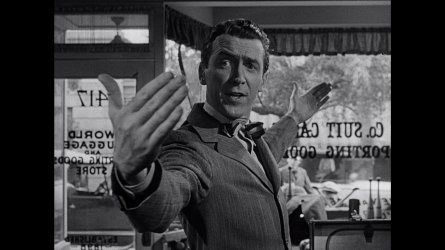- Thread starter
- #141
This piece answers several of the questions noted above.
'Why Study Philosophy'
"In addition to requiring you to master broadly applicable skills such as research and writing, a liberal arts course of study that spans multiple disciplines also requires students to make connections between seemingly disparate subjects. Art and computing, for example, equals Apple Computer. And on a smaller scale, while my lack of business knowledge came at a cost when I was running a company, most of the ideas that made us successful derived from multi-disciplinary approaches that I and the liberal arts grads I tended to hire brought to product design and problem solving.
Now liberal arts programs normally balance broad exposure to different subjects with the requirement to concentrate in one area. And the reason why we have different majors is that (1) they appeal to different types of people and (2) they each bring something unique to the study of what it means to be human." Why Philosophy? - Philosophy is Dead Hawking - Degree of Freedom
'Why Study Philosophy'
"In addition to requiring you to master broadly applicable skills such as research and writing, a liberal arts course of study that spans multiple disciplines also requires students to make connections between seemingly disparate subjects. Art and computing, for example, equals Apple Computer. And on a smaller scale, while my lack of business knowledge came at a cost when I was running a company, most of the ideas that made us successful derived from multi-disciplinary approaches that I and the liberal arts grads I tended to hire brought to product design and problem solving.
Now liberal arts programs normally balance broad exposure to different subjects with the requirement to concentrate in one area. And the reason why we have different majors is that (1) they appeal to different types of people and (2) they each bring something unique to the study of what it means to be human." Why Philosophy? - Philosophy is Dead Hawking - Degree of Freedom

